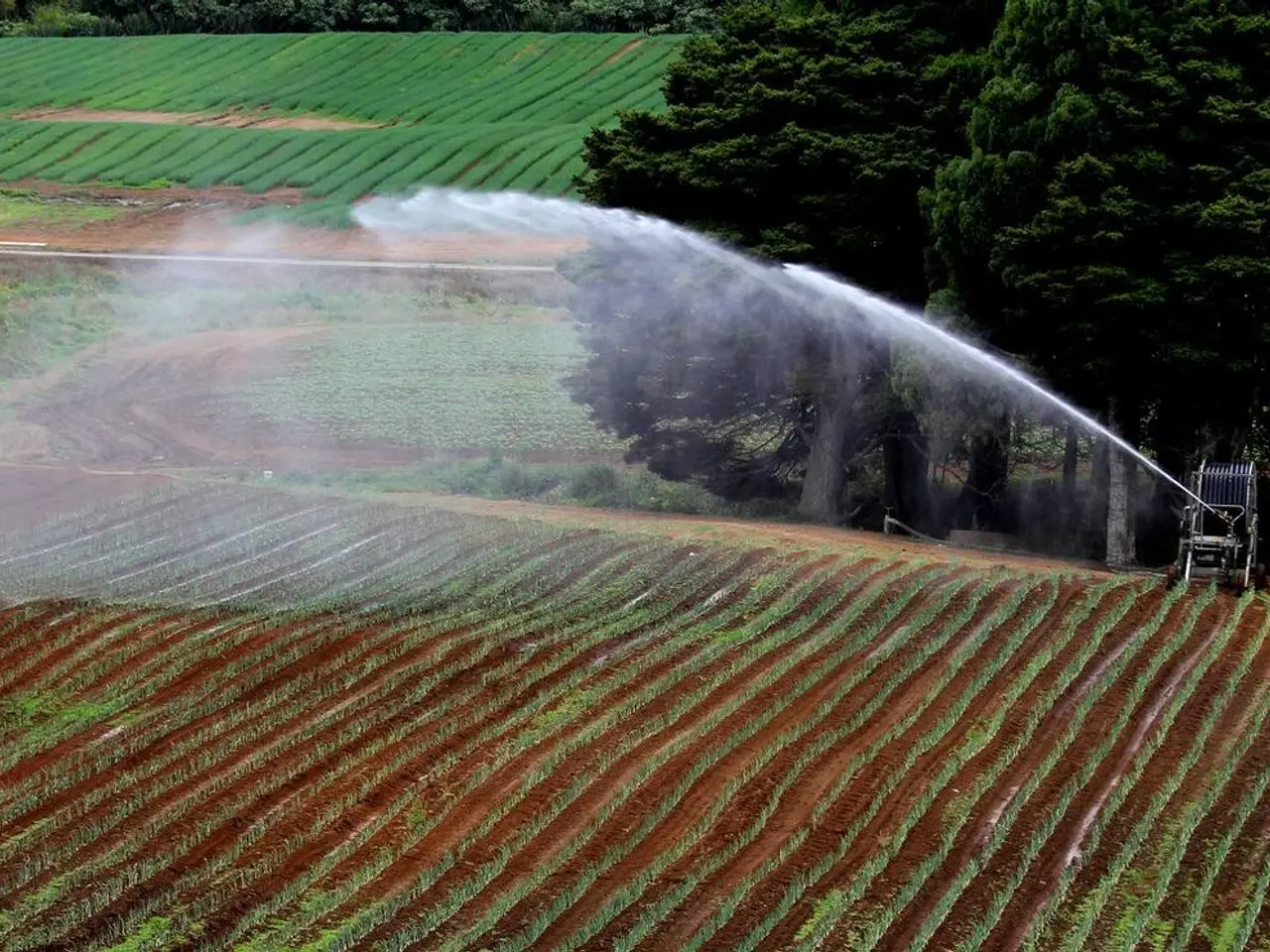Reduction Strategy for Chemical Pesticides in Lower Saxony
The Lower Saxony Chamber of Agriculture has unveiled a comprehensive Pesticide Reduction Strategy aimed at reducing the use and risk of chemical-synthetic pesticides by at least 25% compared to the average of the 2015/16 to 2020/21 economic years by 2030. This strategy, published on February 14, 2023, applies to the state of Lower Saxony, Germany.
The strategy encompasses a bundle of measures, including regulatory measures and incentives, and the use of alternative methods to replace pesticides. A key component is the promotion of voluntary measures for reducing pesticide use through the Common Agricultural Policy (CAP) of the European Union.
Farmers in Lower Saxony can now receive funding for refraining from using pesticides on flowering strips or areas on arable land through the CAP. This initiative encourages farmers to adopt more sustainable practices and contributes to the overall goal of reducing pesticide use.
The Lower Saxony Chamber of Agriculture is also testing and developing digital and sensor-based application methods for pesticide reduction in the Digital Farming Practice Laboratory at Schickelsheim domain. This innovative approach aims to promote precision agriculture and reduce the reliance on traditional pesticides.
Chemical-synthetic pesticides are prohibited on permanent grassland in nature conservation areas and in landscape protection areas that safeguard Natura 2000 areas in Lower Saxony. The reduction of pesticide use will also be achieved through the designation of water protection strips and specific regulations in nature conservation and FFH areas.
The progress of the reduction will be continuously recorded and documented since the start of the strategy. Key figures from the farm statistics will also be considered for the evaluation of the Lower Saxony Pesticide Reduction Strategy. An interim evaluation will be conducted five years after the start of the reduction strategy, i.e., in 2027, and a final evaluation in 2030.
Existing projects involving farmers and environmental associations will be built upon in the Lower Saxony Pesticide Reduction Strategy. For instance, the FINKA project, which encourages both conventional and organic farms to exchange ideas on how to reduce pesticide use, will continue to play a significant role.
The Pesticide Reduction Strategy for Lower Saxony was jointly developed by the state government, environmental associations, and agriculture. The Lower Saxony Chamber of Agriculture will also advocate at the federal level for the creation of legal conditions to quickly phase out the use of chemical-synthetic pesticides in private gardens.
This strategic approach to pesticide reduction in agriculture is a significant step towards a more sustainable and environmentally friendly farming industry in Lower Saxony.
Read also:
- Understanding Hemorrhagic Gastroenteritis: Key Facts
- Stopping Osteoporosis Treatment: Timeline Considerations
- Tobacco industry's suggested changes on a legislative modification are disregarded by health journalists
- Expanded Community Health Involvement by CK Birla Hospitals, Jaipur, Maintained Through Consistent Outreach Programs Across Rajasthan








